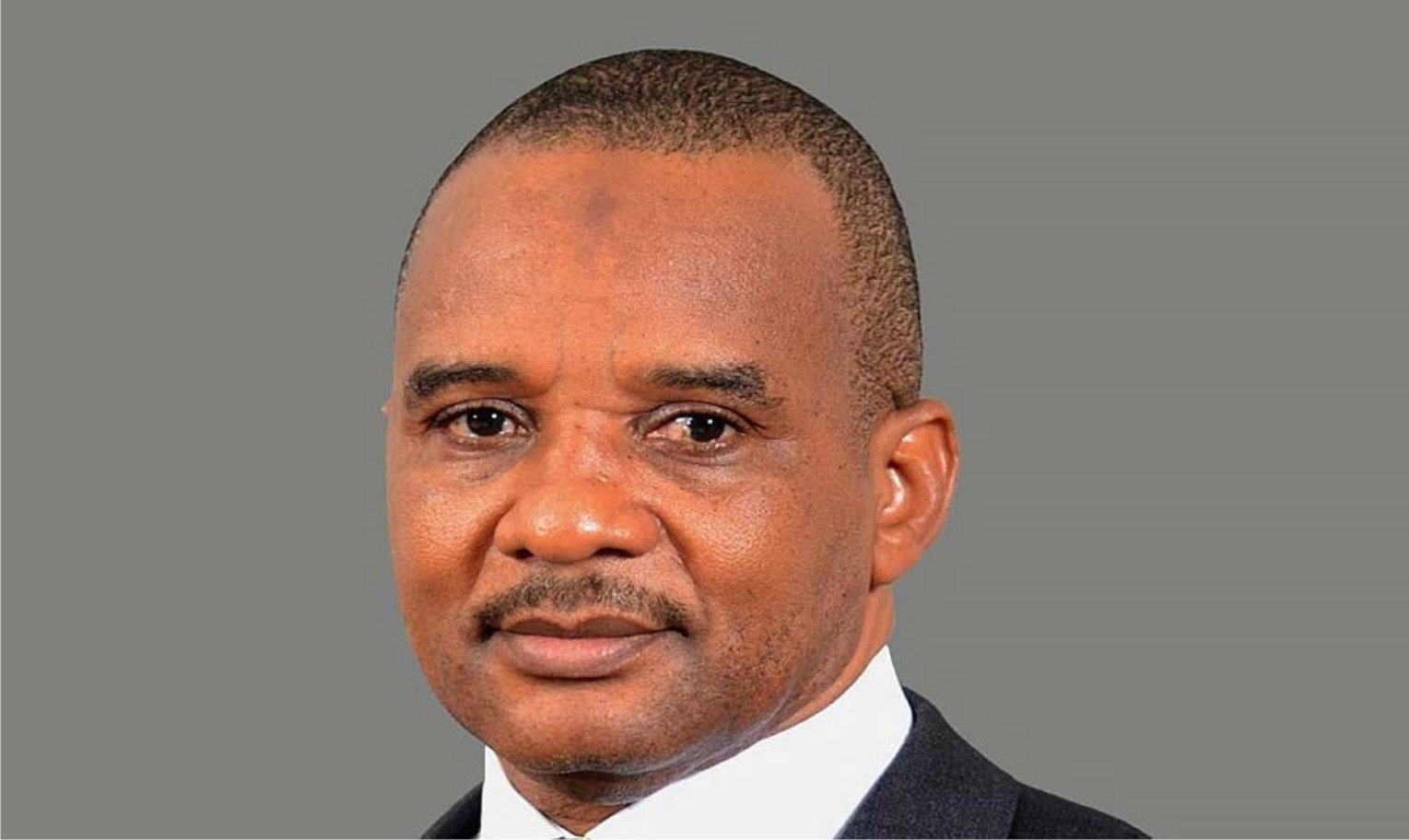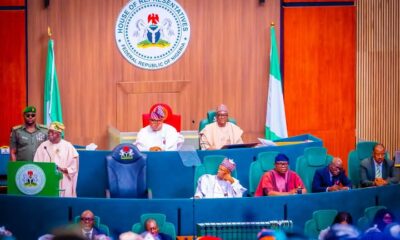Business
NIMASA, Immigration Collaborate On Maritime Security

The Nigeria Maritime Administration and Safety Agency (NIMASA) and Nigerian Immigration Service (NIS) have initiated joint effort to ensure effective monitoring of foreign seafarers and other nationalities across the international frontiers.
This was disclosed in Lagos recently when the Comptroller General of NIS, Mr. Idris Isah Jere, paid a courtesy call on the Director General, NIMASA, Dr. Bashir Jamoh, at the agency’s headquarters.
During the visit, both agencies of the Federal Government agreed on a joint action plan and implemention of Memorandum of Understanding (MOU) on the provision of the things recognized as missing from the maritime sector.
Mr Jere, noted that with the blue border operational areas which cut across the sea borders, crew examination and control, signing off of embarking and disembarking vessels’ crews, are core functions of the service.
According to Jere, the partnership with NIMASA on issuance of travel documents to seafarers will ensure harmonisation for ease of control.
He added that the services would make useful contributions to the maintenance of Blue Border security and national economic prosperity if they joined forces to address emerging challenges across the country’s coastal lines.
The Immigration boss reiterated that NIMASA and NIS’ robust working relationship will further deepen the synergy in their operational activities.
“For us in the NIS, our blue border operational areas cut across the sea borders where we undertake the following activities among others: crew examination and control, signing off of embarking and disembarking vessels’ crews.
“NIMASA, NIS and other critical stakeholders in the maritime sector need a lot of joint operations and collaborations to meaningfully address the violation of our maritime lines and rich natural endowments.
“It is on this note that I considered this visit as very strategic to enable us deepen conversations on how best we can work for a well-regulated and secured maritime territorial integrity.
“Sections 2 and 9 of Immigration Act, 2015, confer the power to issue travel documents on the NIS.
“We think that it is important that as government agencies we need to deepen conversations on how to streamline our processes and procedures to ensure that we do not allow unnecessary duplication or overlap of functions”, Jere said.
On his part, Jamoh said: “Collaboration with NIS is a necessity, it is not for convenience”, adding that the role of the NUS in enhancing security in the maritime sector is crucial.
“Cooperation between Nimasa and NIS is vital for documentations of travel documents to seafarers, which is a key component in the nation’s quest to grow the maritime industry.
“We need the service to play a major role in issues of crew nationality, seafarers’ travel documents and managing issues of stowaways, amongst others.”
The Nimasa DG also commended the contribution of the NIS in the Suppression of Piracy and Other Maritime Offences (SPOMO) Act,
By: Nkpemenyie Mcdominic, Lagos
Business
Tinubu’s RHI Doles Out N50m To 1,000 Kwara Petty Traders

Business
UBA To Educate SMEs, Business Owners On Withholding Tax

Business
Nigeria Losing $40b Annually From Maritime Sector – NIMENA
-
Opinion5 days ago
Fubara @ 50: Golden Sparkles And Magic Bullet
-

 Featured5 days ago
Featured5 days agoTinubu Seeks Multifaceted Response To Terrorism, Other Security Threats
-
Nation5 days ago
N4bn Seized Assets, Arrest Of Kano Anti-Corruption Chair, Magaji, Raise Fresh Dust
-
Politics5 days ago
Celebrate Patriotic Citizens, Not Corrupt Politicians, Babalola Tells FG, States
-
Business5 days ago
FG Assures On Releasing Illegal Air Charter Report
-
News5 days ago
Security: PCRC Holds Street Walk For Fubara, Lauds Gov @50
-
Opinion5 days ago
Rivers Politics: Lere Olayinka’s Cocktail Of Lies
-
News5 days ago
#EndBadGovernance Protesters Storm Court, Demand Sowore’s Release

